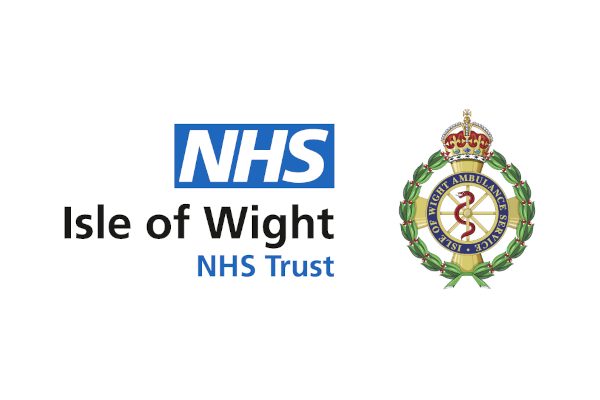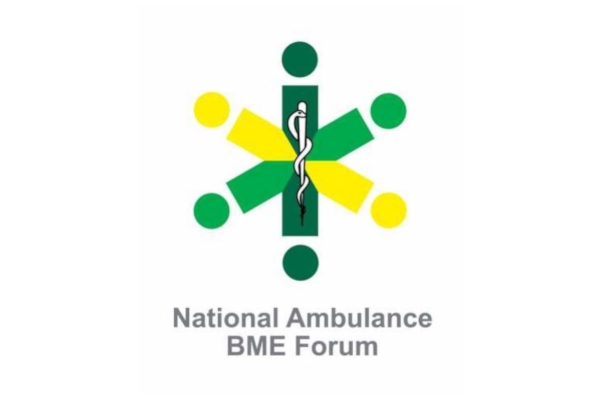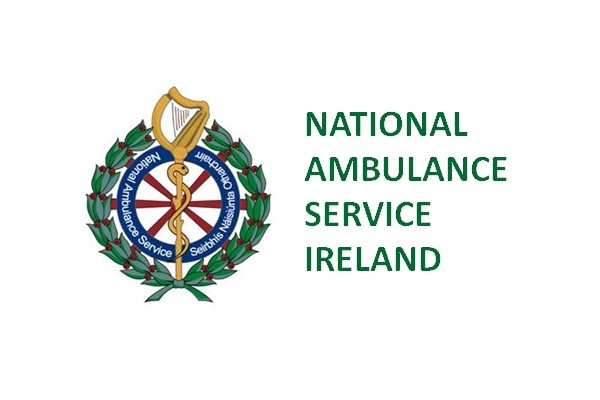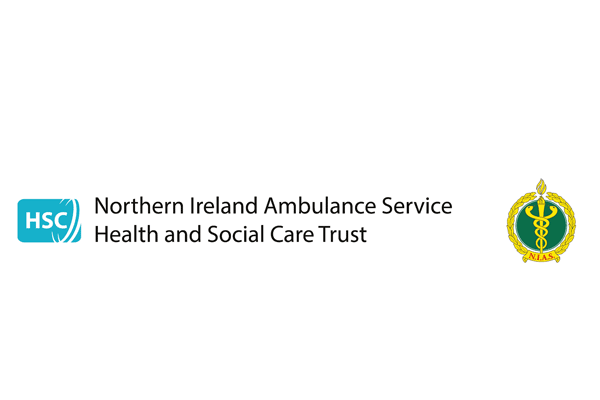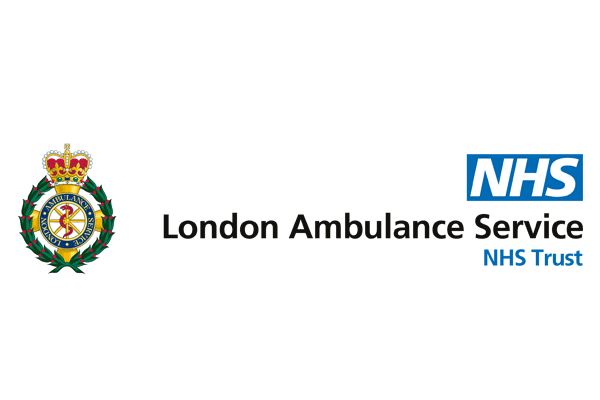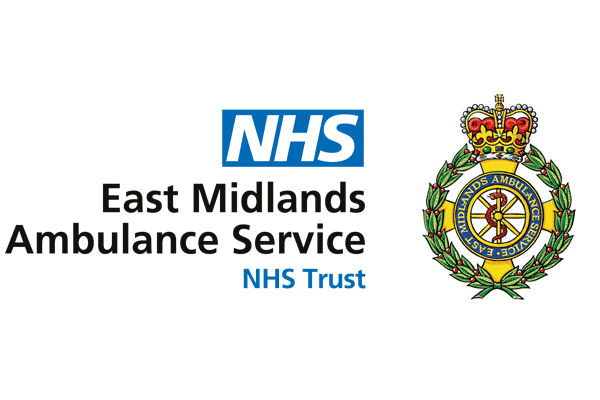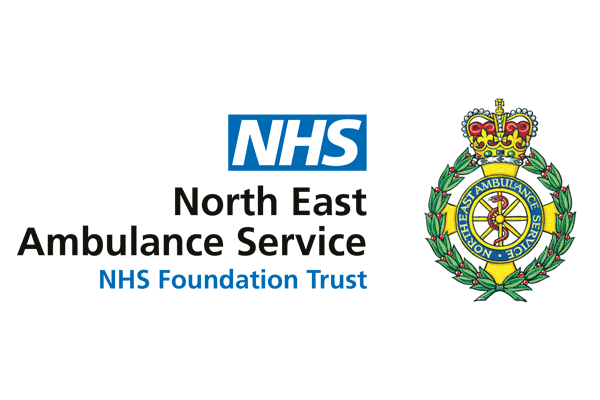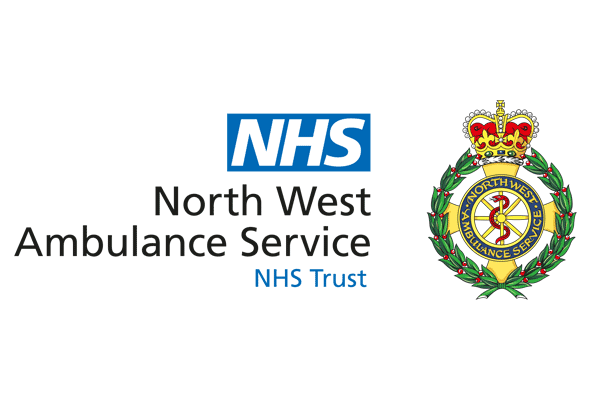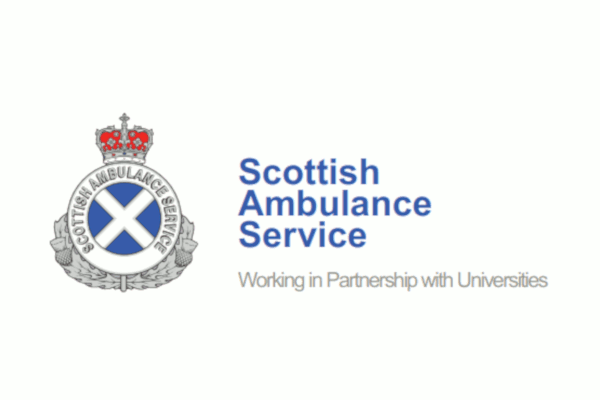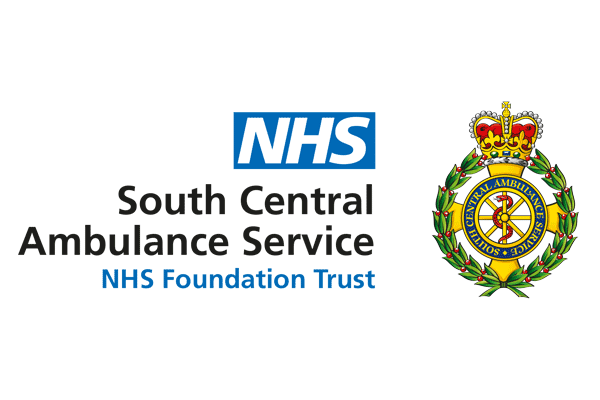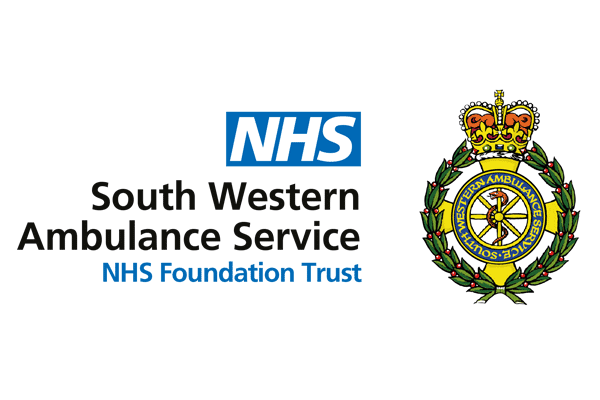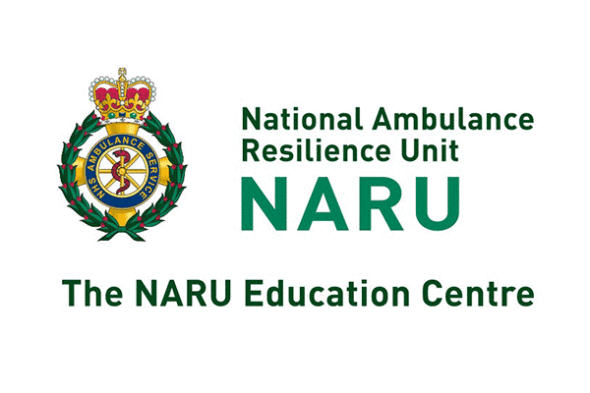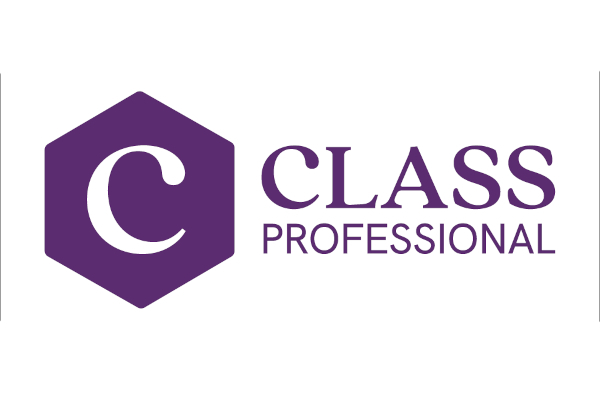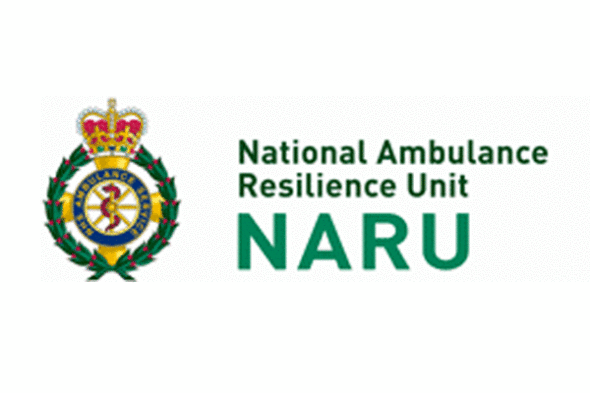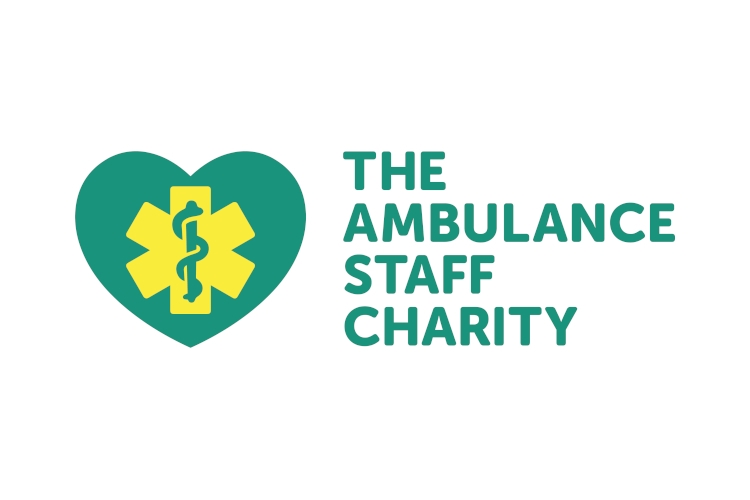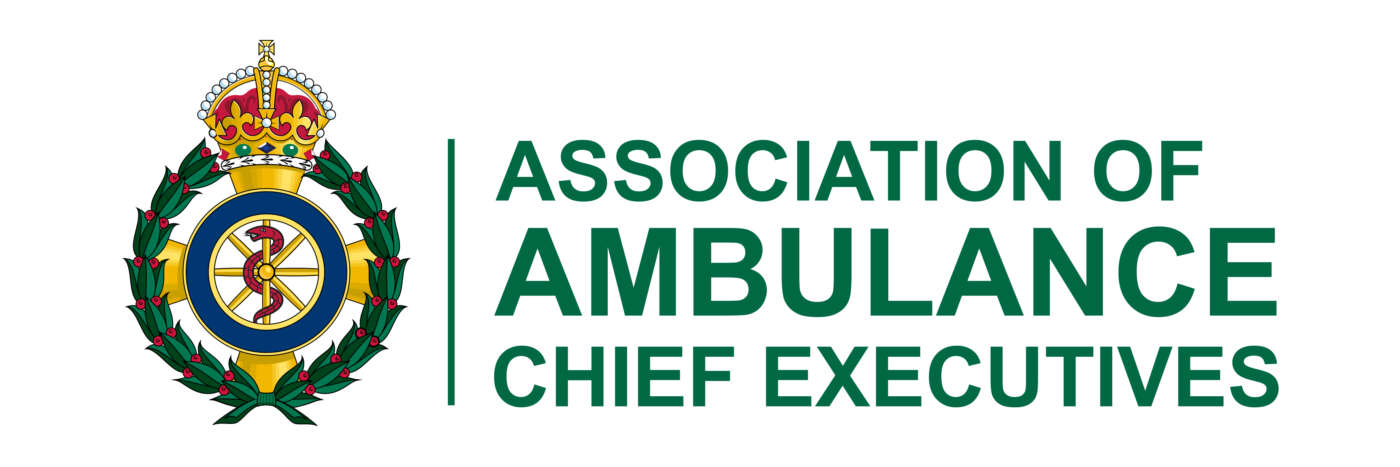
Following the publication in September 2024 of the NHS England guidance, ‘Principles for providing safe and good quality care in temporary escalation spaces’ the Association of Ambulance Chief Executives (AACE) has written to NHS England to advocate for the adoption of a whole system approach to ensure risk is appropriately managed across the whole urgent and emergency care pathway.
 Anna Parry, Managing Director of AACE said:
Anna Parry, Managing Director of AACE said:
“We know that the interface between ambulance crews and staff at some emergency departments can be challenging, especially where handover delays remain unacceptably high.
This is why we place the highest premium on ambulance services focusing on building and protecting positive working relationships with colleagues across urgent and emergency care (UEC) pathways, highlighting examples where solutions are developed collaboratively as ‘one team’ that result in measurable and sustainable improvements for patients and staff (Hospital Handovers – aace.org.uk).
The temporary escalation space (TES) guidance focuses on the pressures within an emergency department and the avoidance of normalising corridor care, rather than recognising the risks along the whole pathway for UEC patients. The potential unintended consequence that our members have expressed concern about is that the back of an ambulance comes to be seen as a more acceptable alternative to TESs or becomes a TES itself, which is unacceptable.
We all know lengthy handover delays adversely impact on so many factors, not least patient safety, outcomes and experience for those in the ambulance and those waiting for one at home. We are therefore continuing to advocate for a whole system approach, rather than resolving issues in one part of the pathway at the expense of another, and for this to be reflected in all future guidance.”

